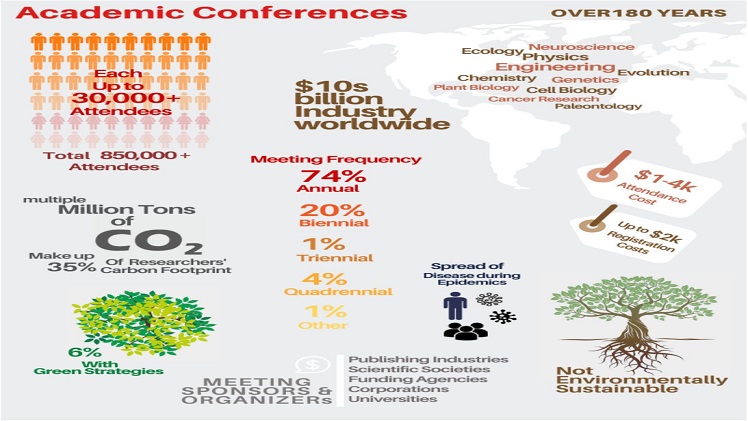No one can predict exactly when a volcanic eruption will take place. There are clues, but no one knows exactly when. Sometimes a volcano will erupt when scientists are studying it. Volcanologists have a high fatality rate among scientists because forecasting eruptions is so difficult.
Predicting Volcanic Eruptions
Volcanic eruptions can be devastating, particularly to the people who live close to volcanoes. Volcanologists study volcanoes to be able to predict when a volcano will erupt. Many changes happen when a volcano is about to erupt. Even so, eruptions are very difficult to predict.
History of Volcanic Activities
Scientists study a volcano’s history to try to predict when it will next erupt. They want to know how long it has been since it last erupted. They also want to know the time span between its previous eruptions. Scientists watch both active and dormant volcanoes closely for signs
Earthquakes
Earthquakes may take place every day near a volcano. But before an eruption, the number and size of earthquakes increases. This is the result of magma pushing upward into the magma chamber. This motion causes stresses on a neighboring rocks to build up. Eventually, the ground shakes. A continuous string of earthquakes may indicate that a volcano is about to erupt. Scientists use seismographs to record the length and strength of each earthquake.
Slope Tilt
All that magma and gas pushing upward can make the volcano’s slope begin to swell. Ground swelling may change the shape of a volcano or cause rockfalls and landslides. Most of the time, the ground tilting is not visible. Scientists detect it by using tiltmeters, which are instruments that measure the angle of the slope of a volcano.
Gases
Scientists measure the gases that escape from a volcano to predict eruptions. Gases like sulfur dioxide (SO2), carbon dioxide (CO2), hydrochloric acid (HCl), and water vapor can be measured at the site. Gases may also be measured from satellites. The amounts of gases and the ratios of gases are calculated to help predict eruptions
Weather plays a crucial role in our daily lives, influencing our activities and decisions. Whether it’s planning a picnic, preparing for a storm, or dressing for the day, weather impacts our choices. Understanding weather patterns allows us to anticipate and prepare for various conditions, from sunny days to severe storms.
Weather also affects agriculture, transportation, and overall environmental health. With its constant fluctuations, weather keeps us on our toes and reminds us of the dynamic nature of the world around us. Appreciating and respecting the power of weather is essential for our safety and well-being.
 Tech Readers
Tech Readers




